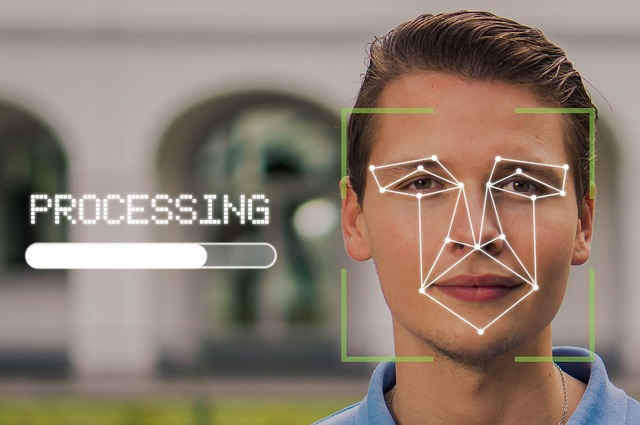If you’ve ever bought alcohol, cigarettes, or a lottery ticket, you might have had to present your identification to show proof of your age. Age verification not only protects the company from selling to minors, but it also protects minors from obtaining harmful substances or other materials.
Thanks to technological advancements, retailers can employ an age verification system to ensure they aren’t selling to minors. If you’re a retailer interested in protecting your business from underage sales, keep reading to learn about the incredible technology of age verification systems.
How Do Age Verifications Work?
Retailers can use a system that applies face analysis technology and age verification software. Face analysis technology uses the shopper’s ID to analyze the person’s age according to the facial features in their picture.
These programs also allow websites that sell adult materials, alcohol, and tobacco to filter out minors who aren’t allowed to be on the websites. Age verification systems are a great piece of technology because they can protect children from obtaining materials they shouldn’t have.
What Businesses Use Age Verification Systems?
According to Forbes, age verification systems can cover many areas on the internet. From social media and dating websites to gambling, adult websites, and streaming services. Companies can employ age verification software for just about anything that requires an ID.
You can also find age verification systems in nightclubs and bars, stores that sell alcohol or tobacco, and smart vending machines that sell alcohol or tobacco.
If there is an age restriction, the company can use an age verification system to protect their business and the children. Age verification systems are in many different settings.
The Benefits of Age Restriction Systems
First and foremost, age verification systems allow retailers to correctly identify the age of every person attempting to purchase something at their establishment. While that is an essential feature, age restriction systems provide a few other significant benefits.
- Age verification systems can distinguish real customers from fake ones, creating a better shopping experience for the customers and the retailer. This saves the retailer time to work with their real customers and prevents fraudulent behavior from occurring on their platform.
- Age verification systems allow retailers to create a trustworthy reputation for themselves. If people see that you care about age verification, they’ll know that you care about your business, which is essential for companies that operate within a community.
- Age verification systems allow retailers to follow the law. As you know, selling to minors is illegal, but sometimes fake IDs slip through the cracks, causing legal trouble for the retailer for selling to a child.
How Will Age Verification Impact Retailers In The Future?
The most crucial benefit of age verification systems is their ability to verify a person’s age accurately. Because minors can use fake IDs, the retailer can get the reputation of being a company that is lax on security and doesn’t care about the children in the community.
There are also issues when it comes to scanning fake IDs because some systems can’t pick out the differences between a fake ID and a real one. Age verification systems allow retailers to run a tighter business concerning security and minors, which is a significant necessity nowadays.
The internet contains every product a person could want, but companies should not sell certain products to children. Using an age verification system might greatly benefit your company if you have a business that doesn’t target minors as customers.
If you’re concerned about minors purchasing items through your business, it’s time to research the best age verification system for your needs.
